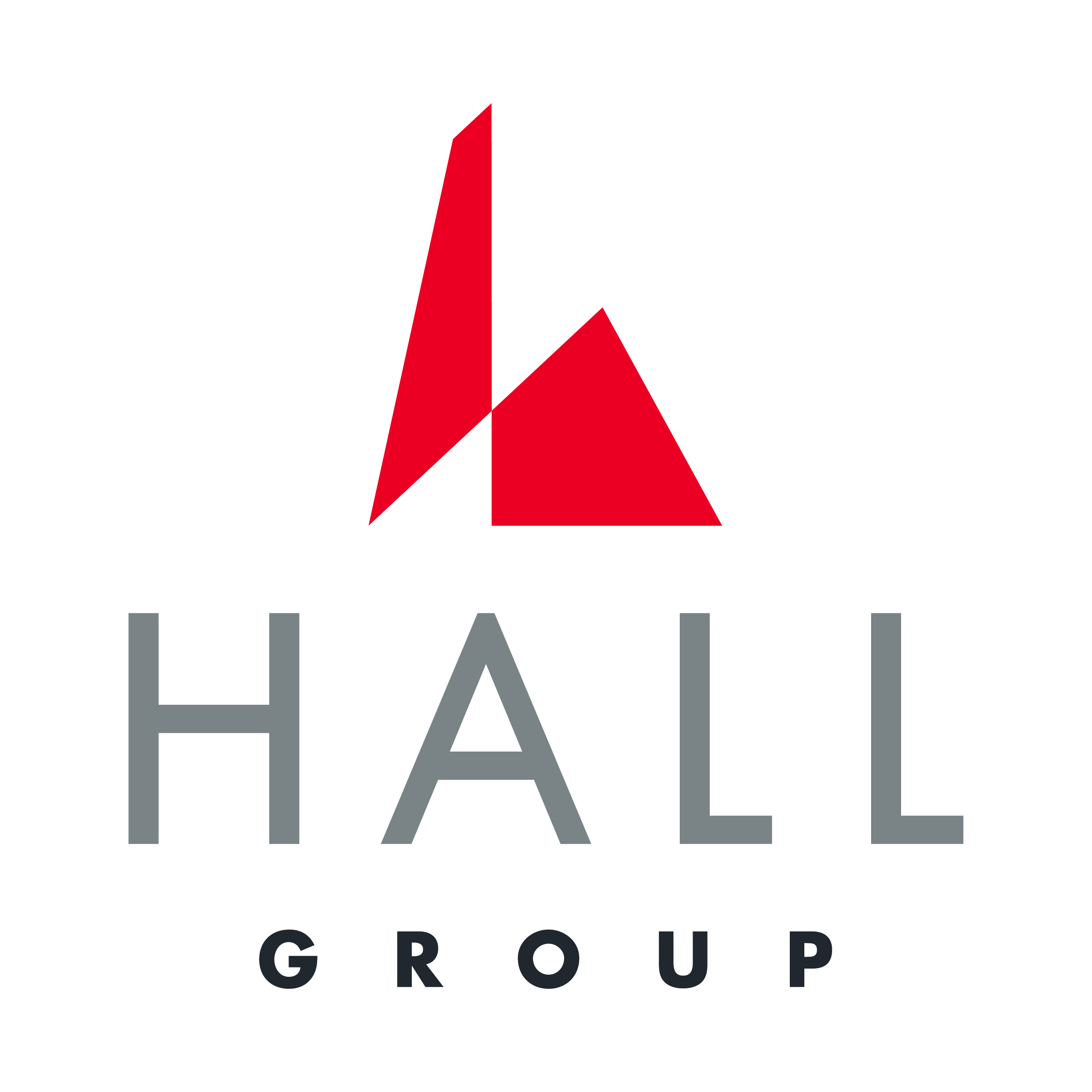Alternative Lenders Create Financial Opportunities For New Developers And Entrepreneurs

After the financial crisis in the mid-2000s, the lending practices of major banks changed. Regulations like Dodd-Frank put a cap on the amount of money banks can loan to borrowers and placed riskier investments under a microscope.
The tighter restrictions created a noticeable financing gap for commercial real estate construction projects. Developers with less experience also felt a loss in available capital, as banks prefer larger institutional developers with higher net worth and established track records.
To fill that void, alternative lenders have risen in popularity. Each year there are new entrants to the market, offering a high loan-to-value ratio and the flexibility of loan terms that might otherwise not be possible in a regulated financing space. Beyond the favorable loan terms and ability to take on more risk, there is the chance for developers to grow their portfolios.
“Because of certain factors, like sponsorship or developers not being as well-capitalized or experienced, banks can be a little pickier,” HALL Structured Finance Senior Vice President Matt Mitchell said. “Alternative lenders have been able to fill the void and help finance the construction of projects that would otherwise not be built because they don’t fit the mold that banks are looking for.”
Mitchell joined HALL in 2013, as one of the first new hires after the recession. At the time, HALL Structured Finance, which has been in the private lending space for nearly 25 years, saw an opportunity to fill the gap in construction financing left by banks.
“We don't answer to the same stakeholders that the banks do,” Mitchell said. “That allows us to be more creative and to provide higher loan amounts. As a private company, we answer to our ownership and senior management and we are not constrained by the regulatory limitations placed on traditional banks."
Alternative lending is often useful for borrowers with projects that are outside of gateway markets, or are not a core property type, Mitchell said. There is also an increased level of risk alternative lenders can take on. Banks will typically offer loan-to-value ratios of no more than 60%, while roughly 20% of debt fund loans are originated at 80% LTV.
These higher LTV ratios and flexible loan terms are well-timed with a boom in construction across the U.S. Among the nonbank sources entering the market, like debt funds and mortgage REITs, U.S. originations surged more than 40% in 2017, Bloomberg reports. These new lenders, drawn to potential double-digit yields on construction lending, have rushed into the space to meet demand, even prompting longtime developers to enter the private lending space.
Silverstein Properties, the developer behind the new World Trade Center campus, recently built a $4B pipeline of real estate deals as part of a new lending venture to finance other major builders in the New York City area.
But rather than seek out these new lenders solely on the basis of increasingly competitive loan terms, many borrowers are opting for an experienced lender, one with a more seasoned eye for determining market performance.
“We are going to invest in people and projects we think will be more successful,” Mitchell said. "As a borrower, I would be more comfortable working with an experienced lender with a proven track record."
That includes people in commercial real estate looking to launch their own practice. HALL has the flexibility to work with borrowers in the real estate and finance industry who, after a solid career track record at an established firm, now want to branch out on their own.
While banks go after the big developers, alternative lenders have the flexibility to work with smaller developers who may someday reach that level of activity.
“Maybe they’ve worked on someone else’s $50M to $100M development,” Mitchell said. “We want to work with risk-taking entrepreneurs who want to build their own companies. We finance people who have inspiring stories of starting as a bellhop and progressed to owning their own hospitality asset and creating an owner and developer platform.”
While banks typically still remain a go-to financing source for institutional investors, alternative lenders like HALL have shown smaller, less experienced entrepreneurs that there is a capital source available to them, one that encourages nontraditional real estate projects and creative thinking for financing.
This feature was produced in collaboration between Bisnow Branded Content and HALL Structured Finance. Bisnow news staff was not involved in the production of this content.

